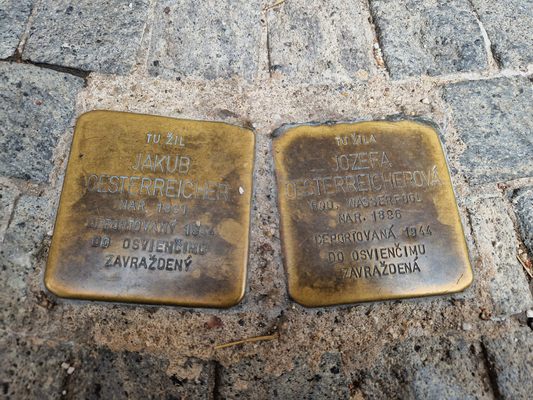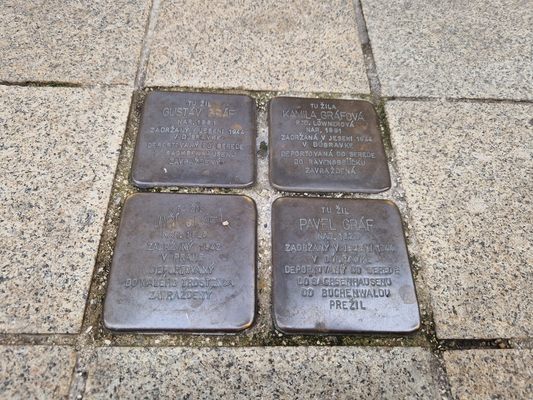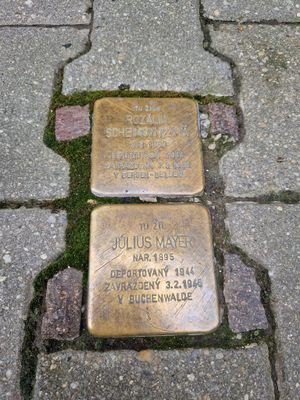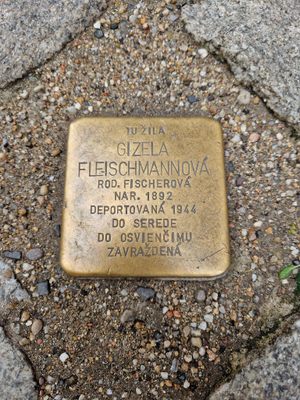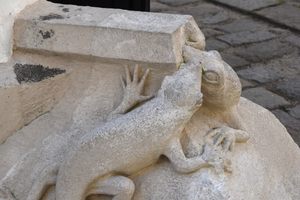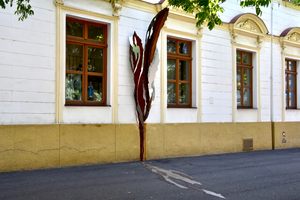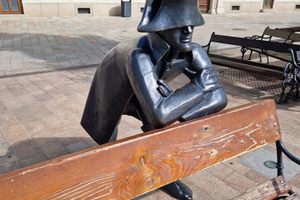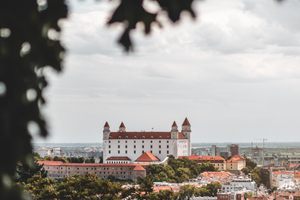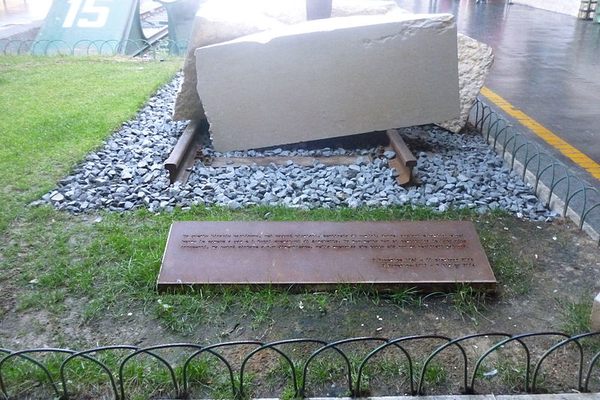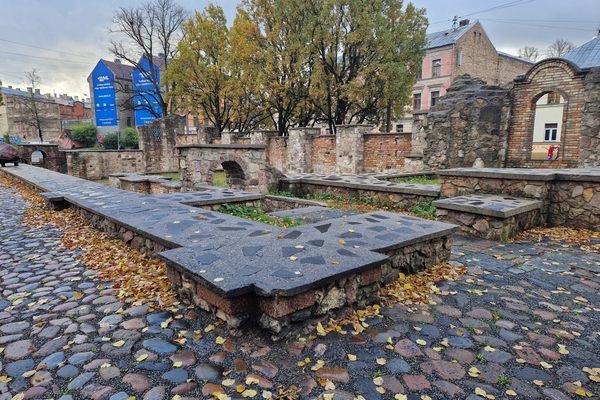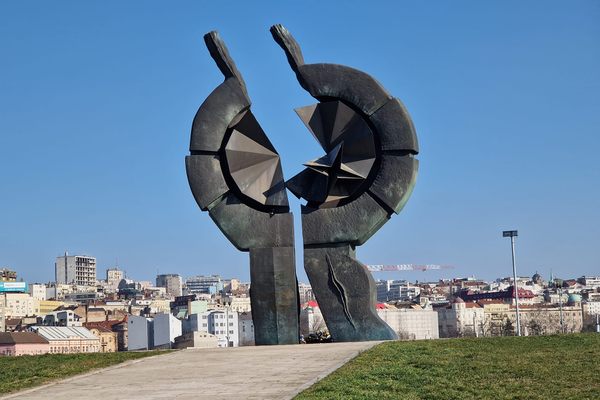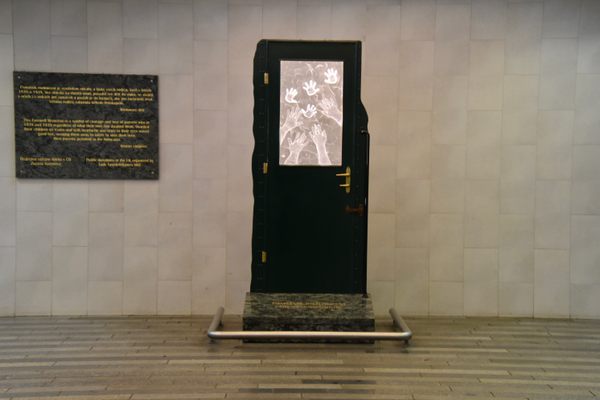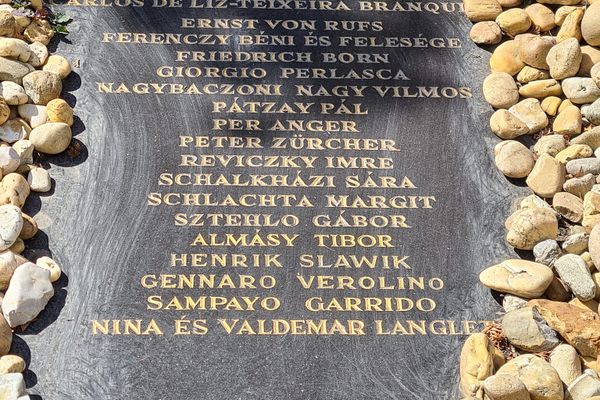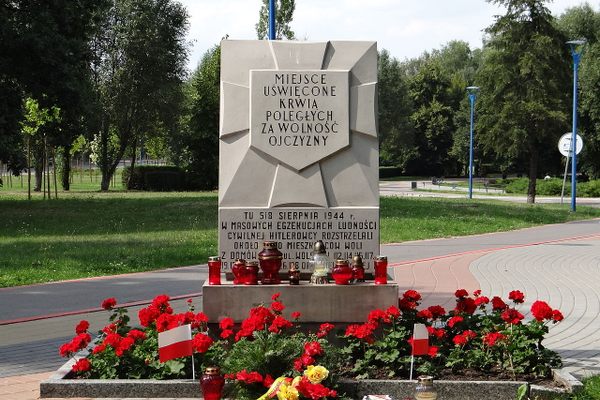About
The Stolperseine project was begun by German artist Gunter Denmig in 1992. The name of the Stolpersteine in Slovak is pamätné kamene, meaning "memorial stones." The project aims to commemorate individuals at their last place of residency or, in some instances, their place of work, which was freely chosen by the person before they fell victim to Nazi terror, eugenics, euthanasia, deportation to extermination camps, or those who managed to escape persecution by emigration or suicide.
This is achieved by placing small brass plaques (10 centimeters by 10 centimeters) engraved with the names and life information of those who were killed by Nazis. The first pamätné kamene were placed in Slovakia in 2012. Pamätné kamene are currently placed at 16 locations in Bratislava.
City representatives from Bratislava have gone on record as stating that these stones should express the respect and wish for the Slovak capital to become, again, a place where people of different cultures and creeds can live together side by side peacefully.
Most pamätné kamene are placed to commemorate Jewish individuals but criticism has been voiced about the project. Charlotte Knobloch, described it as “unbearable” to put the names of murdered Jews on plaques which are then embedded in the ground where people can step on them with their feet. Many other prominent Jewish leaders however defend the memorial stones.
Joseph Pearson, a Cambridge historian, argues that "It is not what is written [on the stolpersteine] which intrigues, because the inscription is insufficient to conjure a person. It is the emptiness, void, lack of information, the maw of the forgotten, which gives the monuments their power and lifts them from the banality of a statistic."
Related Tags
Know Before You Go
The stones can be found at various locations around Bratislava as well as across Europe.
The address given in the article is for the Pamätné Kamene for Gizela Fleischmannova.
Community Contributors
Added By
Published
September 21, 2022

